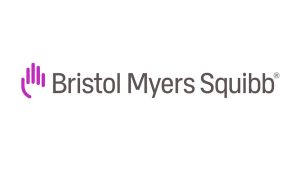The Food and Drug Administration (FDA) has granted approval to Bristol Myers Squibb's new lung cancer medication, Augtyro (repotrectinib), for patients with non-small cell lung cancer (NSCLC) who have alterations in the ROS1 gene. This approval positions Augtyro as a targeted therapy for a specific genetic alteration present in approximately 1.5% of NSCLC cases. Myers acquired Augtyro through its $4 billion acquisition of Turning Point Therapeutics, emphasizing its commitment to expanding its oncology portfolio.
Augtyro's approval is based on the TRIDENT-1 trial, which focused on NSCLC patients with ROS1 mutations whose disease had spread beyond the lung. In patients who had not previously received a ROS1-targeting drug, 79% experienced tumor shrinkage or disappearance, maintaining responses for a median of 34 months. For those who had received prior ROS1-targeting treatment, 38% had their tumors shrink or disappear, with a median response duration of 15 months.
While the FDA only includes response data on Augtyro's label, additional results reveal promising survival outcomes. Patients who had not received a previous ROS1-targeting drug experienced a median of 36 months without disease progression or death.
Myers envisions Augtyro's potential to expand the ROS1 market, estimated to be around $500 million to $600 million annually, based on the revenue generated by Pfizer's Xalkori and Roche's Rozlytrek. Augtyro's efficacy, especially in patients who haven't received prior ROS1-targeting therapy, demonstrates its competitive edge in terms of response rates and duration of response.
Although Augtyro may not become a top-selling product for Myers, its approval contributes to the company's strategy of renewing its pipeline as key products face patent expiration and generic competition. Myers aims to rely on newer products like Augtyro, Camzyos (a heart drug), Sotyktu (psoriasis treatment), and Opdualag (combination cancer immunotherapy) to drive future growth. These products are projected to achieve substantial sales, with each expected to contribute $4 billion in sales by 2030.
Augtyro's approval aligns with the broader trend in oncology treatment, emphasizing precision medicine and targeted therapies based on the genetic profile of individual patients. Myers Squibb's commitment to advancing its oncology portfolio reflects the evolving landscape of cancer care, where genetic insights drive the development of more effective and personalized treatment options.























